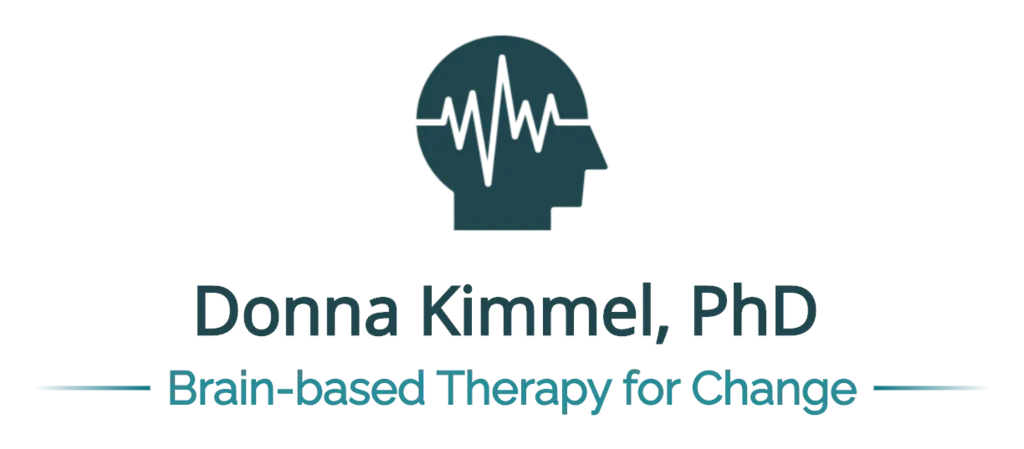Cognitive-Behavior Therapy (CBT) focuses on what we think and, ultimately, on how we act and react (behave) in various situations. The assumption is that when we think differently, we’ll (feel) and behave differently. The goal is reduced distress from our own problematic thoughts, feelings and behavior. CBT is practiced mostly as “talk” therapy, which emphasizes the cognitive aspect of cognitive-behavior therapy. Research demonstrates that the process works, which makes it “evidence-based therapy” and worthy of recommendation.
While it is possible to reduce distress by changing our thoughts, feelings, attitudes and perceptions, we can also reduce distress by simply changing our behavior and getting different feedback. In fact, behavior that gets desired reactions from others and that makes us proud of ourselves is the goal of the “behavioral” aspect of CBT. Generally, mental health counseling focuses on the cognitions – beliefs, assumptions, etc. After all, that’s “talk” therapy. But, I’m finding that focusing on the behavioral part of Cognitive Behavior Therapy gets faster overall results.
In fact couples looking for “help with communication” may not realize that they are actually looking for help with verbal and non-verbal behavior as well as conflict management. Communication is behavior – both verbal and non-verbal. To improve a relationship, each member of a couple has to improve skill in sending and receiving verbal and non-verbal messages. Even when one partner develops increased tolerance for hearing unpleasant messages, (necessary for successful conflict management, by the way), he or she may still lack sufficient skill in sending response messages that promote conflict resolution. The interpersonal communication training and conflict resolution I teach to couples is designed to improve self- and- other awareness as well as skill in sending and receiving messages targeted at specific outcomes.
You can be thinking and feeling anything; it’s how you communicate it (or don’t) that makes for an exchange that leaves you feeling good about yourself and effective in relationship maintenance and conflict resolution. (Of course, this depends on your values, to some degree; but that’s a different subject.)
Therefore, I’ve found face-to-face interpersonal communication skill coaching to be extremely effective. It involves a couple practicing thoughtful, targeted and expanding communication options with my side coaching. Not only does it develop skilled communication-behavior, but it also clarifies thoughts and feelings! Each member of the couple learns to advance their point of view effectively, simultaneously validating the other person. It’s win-win, even when there’s disagreement.
If you want to be more effective in saying what you mean and in maintaining a healthy dialogue with your partner, I’d like to help you.
I’m available by phone: 240-277-4427 and email: DrK@donnakimmelphdcom.
